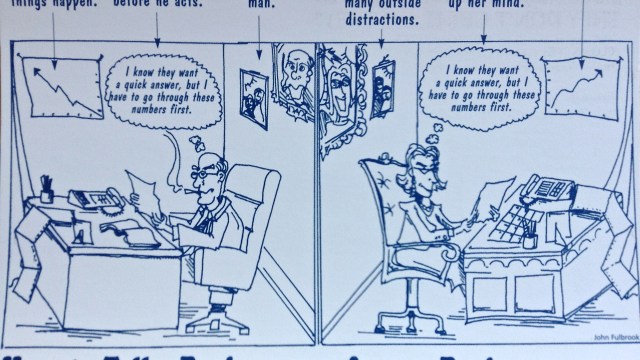Startup Wants to Be the Uber of Home-Buying

A San Francisco startup (what else?) is looking to make the home-buying process much simpler, and by leveraging data to find a fair market price as soon as a house is listed, the company could have enormous sway over how homes are priced. But would a data-driven pricing scheme help prevent a new housing bubble or fuel it?
Called Opendoor, the technology business is currently buying and selling homes in Phoenix and is looking to expand into Dallas and Portland. The prospect of innovating the housing industry with digital technology has proven attractive and Opendoor has already raised over $30 million from investors.
Keith Rabois, an Opendoor cofounder and former executive at Paypal and Square, says that money will be used to triple the company’s “science data team.” By finding a reliable formula to assess home prices, the company wants to shorten the buying time (from making an offer to handing over the keys) to just three days.
“Opendoor uses public information, like historical home sales in the area, and other subjective information like curb appeal, to generate an offer after an owner inputs their address. If the seller likes the offer, they accept it and, after a home inspection confirms the seller accurately described the home’s condition, the property goes into escrow.”
The home-buying process is notoriously slow and laborious, and most homes sit on the market for three months before being purchased. During that time, it’s not uncommon for buyers to get cold feet, back out of the deal, and force the process to start all over again.
As we saw in the financial collapse of 2007, the housing market represents an enormous part of the American economy. Economist Nouriel Roubini was one of the few to write about the housing bubble before it burst. As he explained in his Big Think interview, having a subjective valuation method allows everyone to live in a bubble:
The whole point about the bubble is that the price of an asset is about the fundamental value, so when there is a market failure or inefficiency … [e]verybody lives in a bubble. A U.S. consumer could spend more than their income by using their homes as an ATM machine. Politicians were happy because the economy was growing and they were getting reelected. Wall Street and The City were making gazillions of profits by creating all these toxic instruments and securitizing them. Rating agencies were making a fee out of their own things. Everybody.





